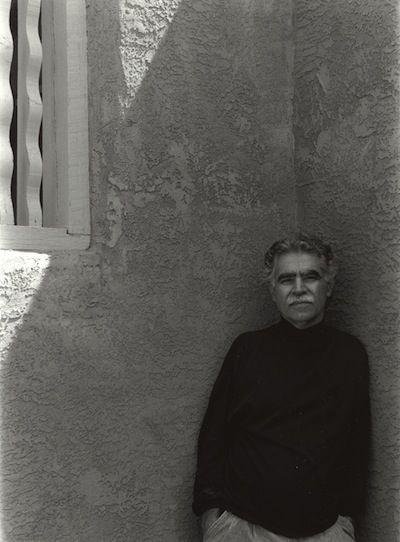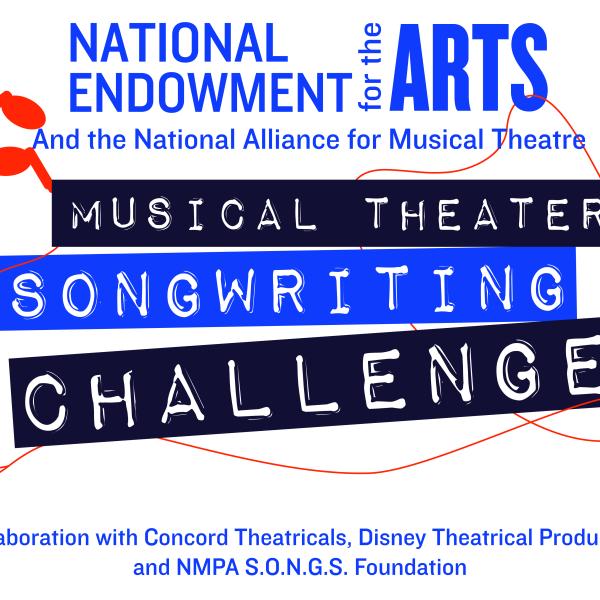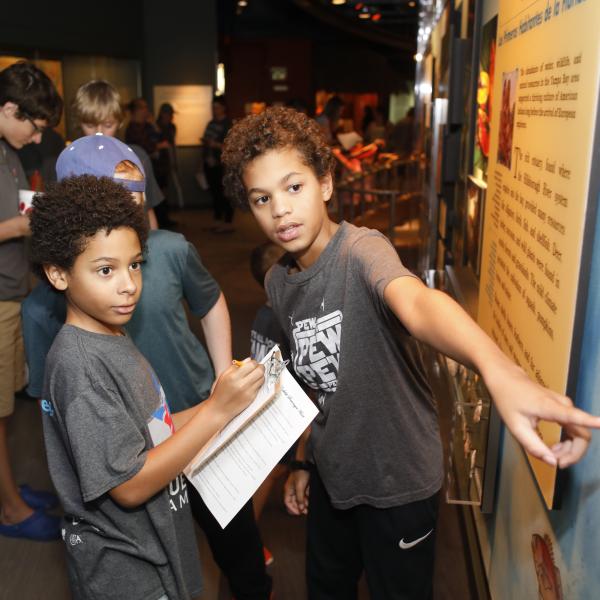National Endowment for the Arts Statement on Rudolfo Anaya

It is with great sadness that the National Endowment for the Arts acknowledges the death of author Rudolfo Anaya, recipient of a 2001 National Medal of Arts. Anaya was also the recipient of a Creative Writing Fellowship from the Arts Endowment in 1979 and his book Bless Me, Ultima has been read by 51 communities across the nation as part of the National Endowment for the Arts’ Big Read.
Rudolfo Anaya was born in the small village of Pastura, near Santa Rosa, New Mexico, to a farmgirl mother and a cowboy father. The curandera who presided at his birth set out tools of both family trades near the newborn—only to see him reach for a paper and pencil instead.
In an interview with the National Endowment for the Arts, Anaya discussed growing up hearing stories from family members: “Everybody told stories, and the stories come out of the cuentos. The cuentos are the folklore that came from Spain through Mexico into New Mexico, and there's hundreds and hundreds of fabulous, fantastic, beautiful folktales. And so I think that hearing those stories; I attribute a lot of my wanting to be a writer to that oral tradition. I heard stories…. I took with me that whole folklore, all those stories that I had heard.”
El Movimiento, the Chicano Civil Rights Movement of the 1960s, encouraged Anaya's dream of writing books that would explore his cultural heritage. After graduating with his BA and MA, he taught at middle schools, high schools, and universities while writing at night.
After more than seven years of writing and rewriting his novel, Anaya submitted his first manuscript, Bless Me, Ultima, to the small Berkeley press, Quinto Sol. A $1,000 prize accompanied the novel's printing, and the mainstream New York publisher Warner Books later acquired its rights. Since its publication in 1972, the novel has become part of high school English and university Chicano literature classes.
“I know that sometimes I'm given a lot of credit for being one of the founders [of the Chicano literary movement] but there were many of us that broke ground,” said Anaya. “It was a literary movement in this country that should be studied, should be known. And yes, and it's grown. That's one of the most satisfying parts is that now we have hundreds of writers, and good novels, and plays, and poetry coming out. We were at the beginning.”
For more information on Rudolfo Anaya, including interviews and a video feature with him, visit the NEA Big Read section of arts.gov.
About the National Endowment for the Arts
Established by Congress in 1965, the National Endowment for the Arts is the independent federal agency whose funding and support gives Americans the opportunity to participate in the arts, exercise their imaginations, and develop their creative capacities. Through partnerships with state arts agencies, local leaders, other federal agencies, and the philanthropic sector, the Arts Endowment supports arts learning, affirms and celebrates America’s rich and diverse cultural heritage, and extends its work to promote equal access to the arts in every community across America. Visit arts.gov to learn more about the National Endowment for the Arts.
Contact
NEA Public Affairs
publicaffairs@arts.gov
202-682-5570




